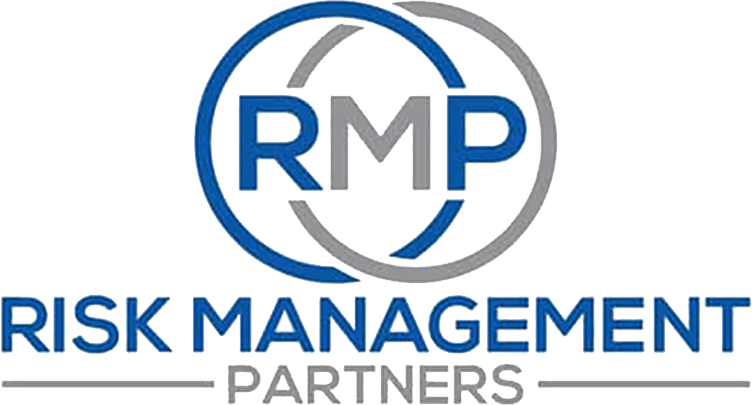Natural disasters are an important aspect when understanding and considering Colorado living. Now, Colorado is a beautiful state with its mountains, rivers, and breathtaking landscapes. However, it’s also prone to natural disasters that can pose a threat to your home and safety. It’s essential to be aware of these potential disasters and make sure your insurance is up-to-date. So, let’s dive into it!
- Wildfires: Colorado is no stranger to wildfires, especially during the dry and hot summer months. The combination of dry vegetation and strong winds can quickly turn a small fire into a massive blaze. To make sure your insurance is ready, review your homeowners insurance policy and ensure it provides coverage for wildfire damage. Consider adding additional coverage if needed, especially if you live in an area at high-risk for wildfires. It’s also crucial to create a defensible space around your property by clearing away flammable debris and maintaining a safe distance between vegetation and structures.
- Flooding: Colorado is known for its sudden and intense rainstorms, which can lead to flash floods. These floods can be extremely dangerous and cause significant damage to homes and properties. To protect yourself, make sure your homeowners insurance policy includes coverage for flood damage. If it doesn’t, consider purchasing a separate flood insurance policy through the National Flood Insurance Program (NFIP). Your insurance rep can help you with that! It’s also a good idea to take preventive measures such as installing flood barriers and keeping important documents and valuables in waterproof containers.
- Hailstorms: Colorado experiences frequent hailstorms, especially during the spring and summer months. Hail can range in size from small pellets to baseball sized pieces of ice, causing damage to roofs, windows, and vehicles. Check your homeowners insurance policy to ensure it covers hail damage with a reasonable deductible. If you live in an area prone to hailstorms, consider adding comprehensive coverage to your auto insurance policy to protect your vehicle. Taking preventive measures such as installing impact-resistant roofing and using protective coverings for your vehicles can also help mitigate damage.
- Winter storms: Colorado’s winters can be harsh, with heavy snowfall and freezing temperatures. Winter storms can lead to power outages, frozen pipes, and damage to roofs and structures. Review your homeowners insurance policy to ensure it covers winter-related damages. Consider adding coverage for frozen pipes and ice dam removal, as well as ensuring you have adequate coverage for temporary living expenses if your home becomes uninhabitable due to storm damage.
- Tornadoes: While tornadoes are less common in Colorado compared to other states, they can still occur, especially on the eastern plains. Tornadoes can cause significant damage to homes and property. Make sure your homeowners insurance policy includes coverage for tornado damage. It’s also essential to have an emergency plan in place and a designated safe area within your home where you can seek shelter during a tornado.
To ensure your insurance is ready for natural disasters, here are a few important steps to take:
- Review your policies: Take the time to carefully review your homeowners insurance, renters insurance, and auto insurance policies. Understand what types of natural disasters are covered and what may be excluded. If you have any questions or concerns, reach out to your insurance agent for clarification.
- Update coverage limits: Make sure your coverage limits are sufficient to protect your home, belongings, and vehicles. Consider the potential cost of rebuilding or repairing your property in the event of a disaster and adjust your coverage accordingly.
- Take inventory: Create a home inventory of your belongings, including photos or videos of each item. This will be invaluable in the event of a claim, as it will help ensure you receive proper compensation for your lost or damaged belongings.
- Document your property: Take photos or videos of your property, both inside and outside, to document its condition before a loss.







